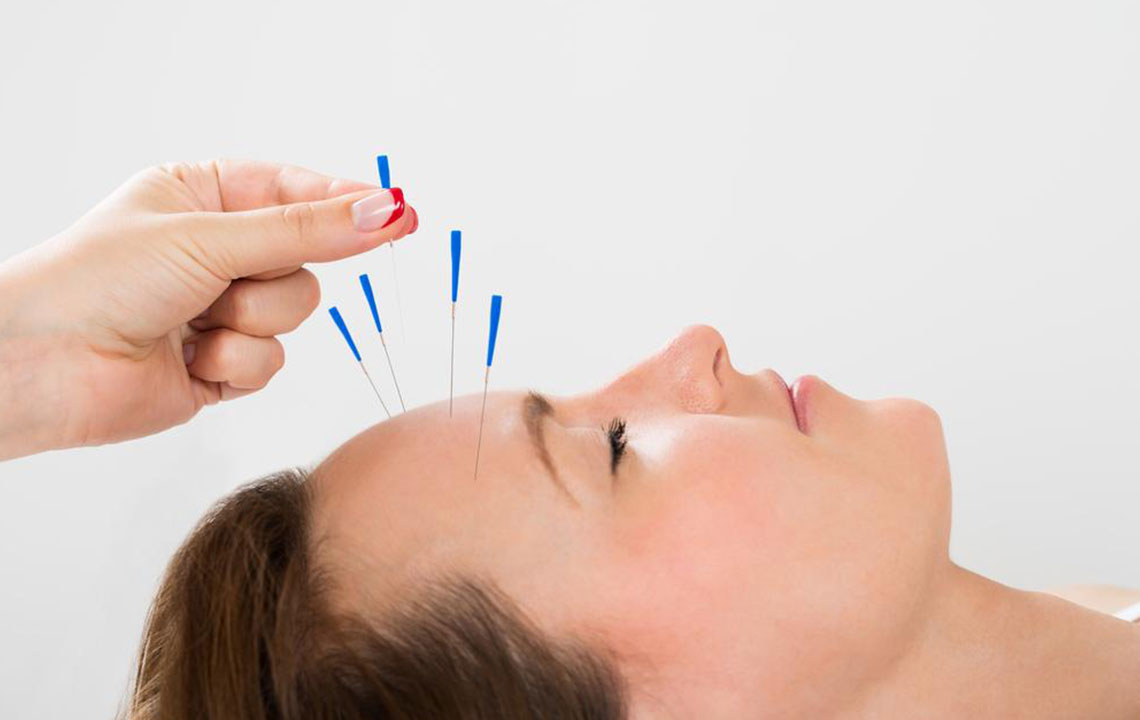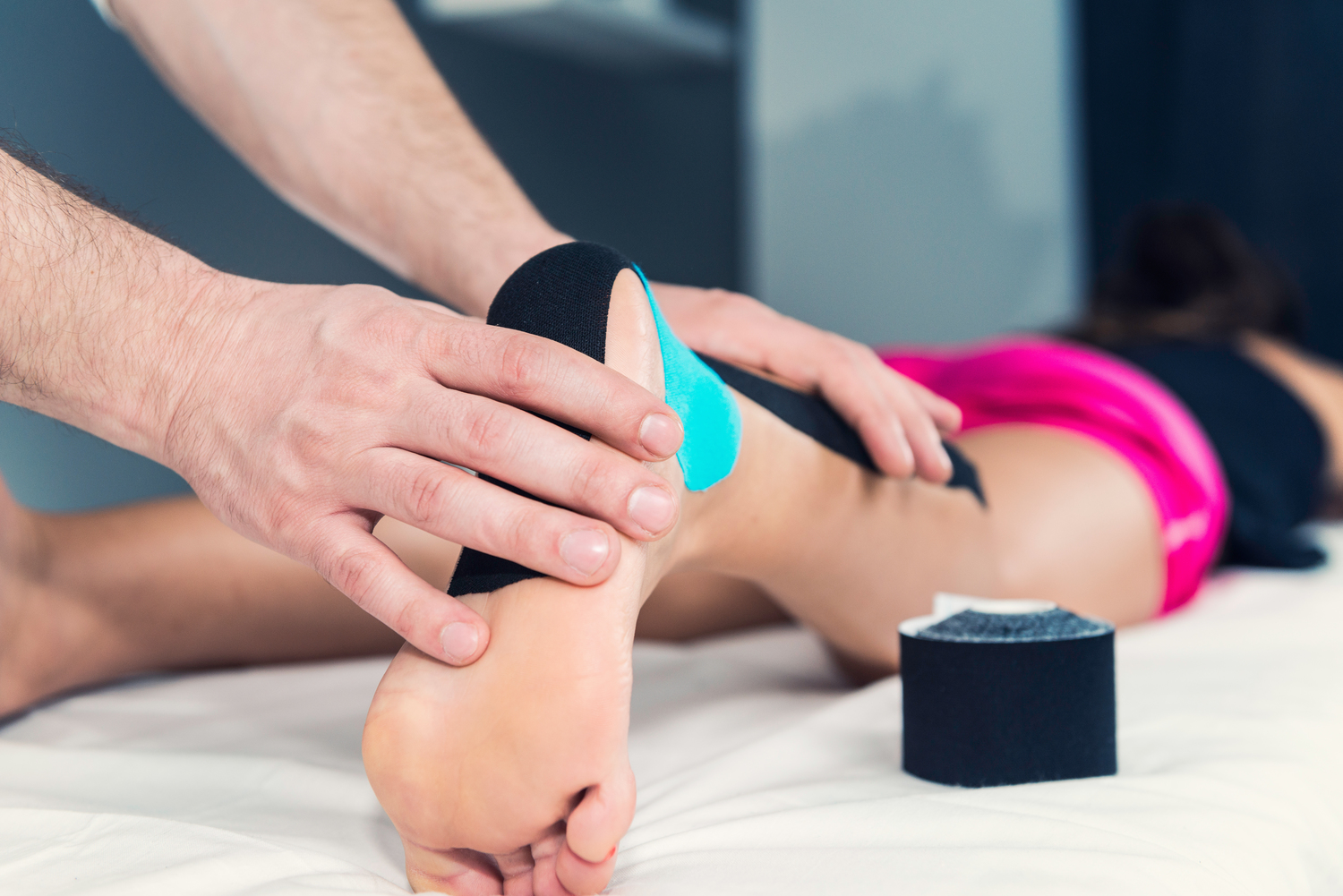Top Strategies for Relieving Nerve Discomfort
Discover effective approaches to manage and treat nerve pain, including medication, therapies, lifestyle changes, and alternative remedies. Learn how to address persistent discomfort and improve quality of life with expert-recommended options tailored to individual needs.

Top Strategies for Relieving Nerve Discomfort
Many individuals may overlook nerve discomfort in the back or legs. However, when it starts affecting daily routines, seeking effective treatment becomes essential. Neuropathic pain arises when damaged nerves send erroneous signals, leading to persistent discomfort. Symptoms like numbness can make simple tasks such as typing, playing instruments, or tying shoelaces challenging, indicating that treatment is needed. While nerve pain can be frustrating for one person, it can be debilitating for another.
This type of pain may signal underlying conditions like shingles, diabetes, stroke, heart issues, hormonal imbalances, vitamin shortages, or alcohol dependency. Some describe the sensation as burning or prickling, while others experience electric shock-like shocks. Nerve pain impacts personal and professional life and is linked to anxiety, sleep disturbances, and depression. Symptoms vary among individuals.
In severe cases, nerve damage can cause paralysis and interfere with breathing or digestion. Treatment options depend on individual factors such as overall health, underlying causes, side effects, and costs. Physicians aim to identify and address root issues causing neuropathic pain and manage symptoms with varied approaches. Here are some common treatments for nerve discomfort.
Anticonvulsants
Localized therapies
Pain relievers
Electrical nerve stimulation
Complementary methods
Additional interventions
Anticonvulsant medications, originally for epilepsy, can also help control nerve pain, often combined with antidepressants for better results. Topical options like gels and patches can alleviate localized discomfort. Strong painkillers are reserved for severe or cancer-related cases but should only be used under medical supervision due to potential side effects. Electrical treatments like TENS or rTMS use painless impulses to block nerve signals. Alternative therapies such as acupuncture, massage, and diet supplements may provide relief, but it's best to consult a healthcare professional. In some situations, anesthetic injections or surgery might be necessary. Lifestyle modifications like regular exercise, quitting smoking, and a healthy diet can also support symptom management.
Note: Our articles provide general information and should not replace professional medical advice. Always consult your healthcare provider before starting new treatments or making lifestyle changes. The information shared here is for educational purposes and may not cover all available options or specific individual needs.










